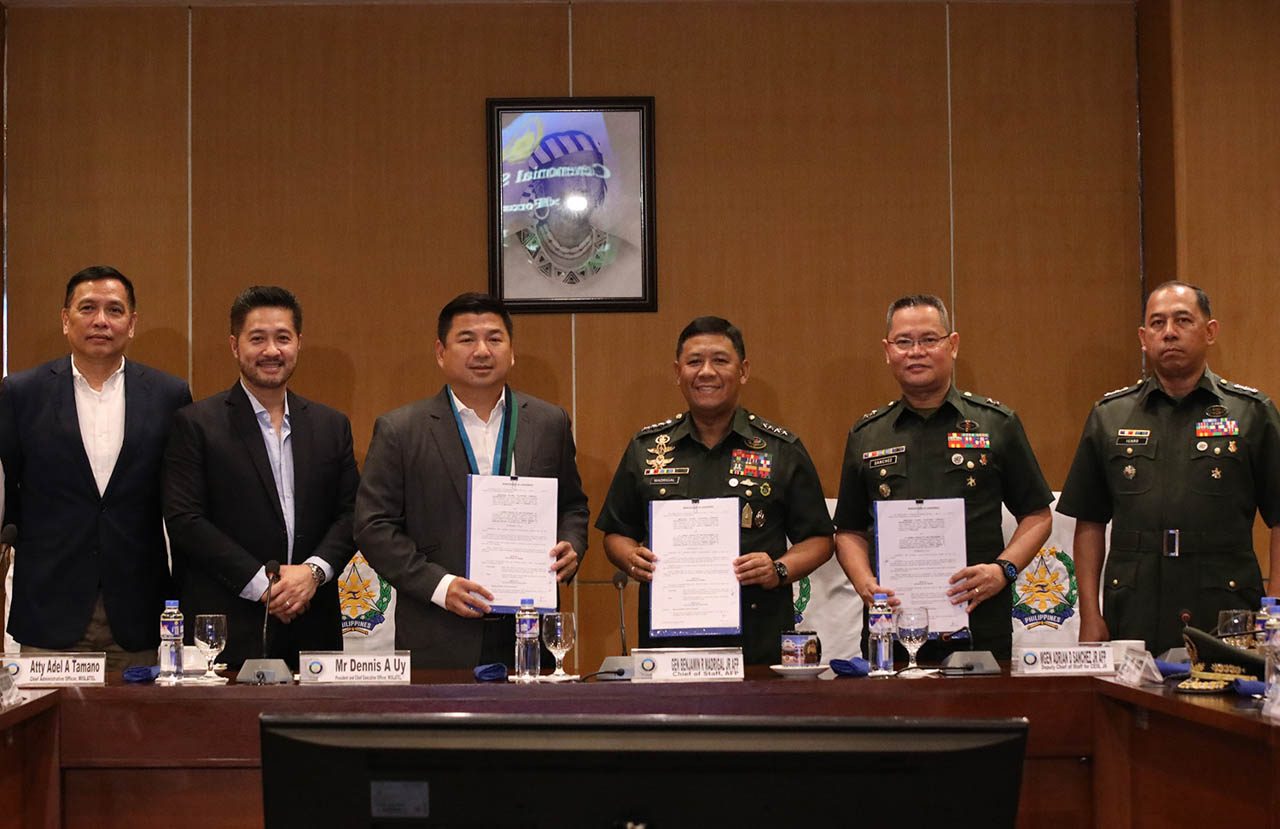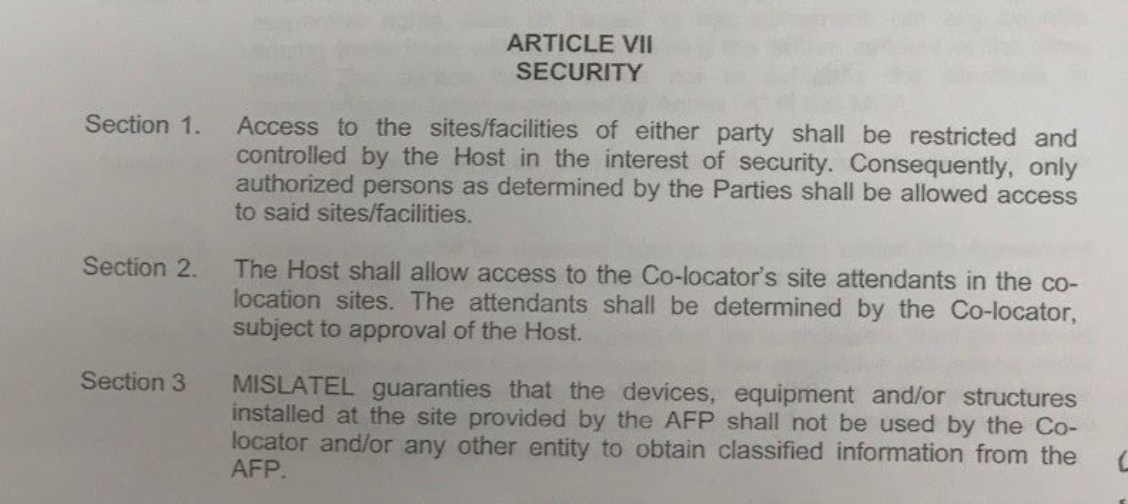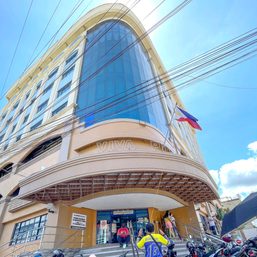SUMMARY
This is AI generated summarization, which may have errors. For context, always refer to the full article.

China-backed Dito Telecommunity again dismissed national security threats being raised in relation to its recently signed deal with the Armed Forces of the Philippines (AFP), saying that it would be better to focus on the company’s investments instead.
“Dito Telecommunity is first and foremost, a Filipino-owned and managed company and will always look after the interests of the Filipino people,” Dito chief administrative officer Adel Tamano said in a statement on Wednesday, September 9.
“More than the other issues which have all been answered in our previous public statements, it may be more important to focus more on the fact that Dito has committed to invest P250 billion to improve the Philippine telco industry and has been providing much needed investments and jobs for our countrymen, especially during this pandemic,” he added.
Dito had committed to spend P257 billion in capital expenditures over 5 years.
Article VII of the memorandum of agreement which tackled security explicity states that access to facilities of either Dito or the military “shall be restricted” and only authorized persons will be allowed.
It also states that Dito “guarantees” the devices, equipment, and structures installed will not be used to obtain classified information from the military.

“The memorandum of agreement signed with the AFP contained the very same provisions signed by the other two telcos with the notable exception that additional provisions were provided pertaining to commitments of Dito to national security,” Tamano said.
The Dito executive also said the military has “stringent protocols” prohibiting foreigners from doing sensitive technical work within military camps.
“May we further remind everyone that as part of the new major player selection process, we have submitted our cybersecurity plan during the bidding process to prove that our networks and facilities will not compromise national security and shall abide with the National Cybersecurity Plan,” said Tamano.
“This plan has been accepted by the Department of Information and Communication Technology and the national security adviser (Hermogenes Esperon Jr).”
Defense Secretary Delfin Lorenzana said in a House budget hearing on Tuesday, September 8, that he had signed the deal with Dito.
This is despite a military risk analysis which warned that radio frequency eavesdropping, interception, and jamming are among “highly likely” risks that would come with the agreement.
While these risks are also present with other telcos Globe Telecom and Smart Communications, the deal with Dito invited controversy as the 3rd telco player is 40% owned by Beijing-run China Telecom, as a joint venture with Davao City businessman Dennis Uy’s Udenna Corporation and Chelsea Logistics and Infrastructure Holdings Corporation.
Chinese law mandates companies it owns – like China Telecom – to provide intelligence to the government.
Several countries had either banned or restricted the use of Chinese company Huawei’s technology in their fifth generation or 5G networks to guard against Chinese spying.
Yet the AFP had dismissed concerns as mere “vulnerability” and had given assurances that military intelligence units can prevent espionage. – Rappler.com
Add a comment
How does this make you feel?





There are no comments yet. Add your comment to start the conversation.